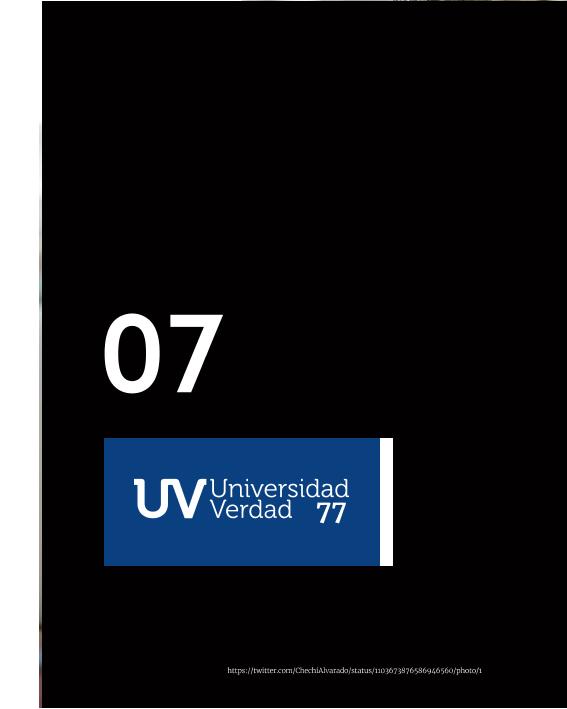Artículo
Desde la segunda mitad del siglo XX asistimos a un viraje epistémico y metodológico producido en el marco del denominado giro narrativo en relación con los sentidos y fundamentos de la producción de conocimiento acerca de los mundos sociales, culturales y educativos a partir de un retorno a los sujetos, sus discursos, prácticas e interacciones. En este contexto, y posicionados desde perspectivas pos cualitativas de investigación social, el enfoque biográfico-narrativo, emerge como una posibilidad de recuperar las experiencias vividas por los actores, resignificarlas a partir de sus relatos de vida y reinterpretarlas desde nuevos sentidos y significados. El artículo que aquí presentamos profundiza esta línea epistemológica recuperando los hallazgos de dos investigaciones realizadas en el seno del Grupo de Investigación en Educación y Estudios Culturales (GIEEC) sobre aspectos vinculados a la educación superior, la formación doctoral y la docencia universitaria. A partir de las voces y testimonios de investigadores en formación y de docentes de la Universidad Nacional de Mar del Plata, nos centramos en el valor biográfico de sus narraciones en donde se pone de manifiesto la compleja y subjetivante amalgama entre vida, profesión y formación evidenciada en el devenir de sus actos. Los hallazgos narrativos que presentamos se configuran en intersticios epistémicos-metodológicos potentes desde los cuales habitar de un modo alternativo el campo de la investigación educativa, al tiempo que convida a producir desplazamientos, discusiones y debates futuros. Since the second half of the twentieth century we have witnessed an epistemic and methodological shift produced within the framework of the socalled narrative turn in relation to the meanings and foundations of the production of knowledge about the social, cultural and educational worlds from a return to the subjects, their speeches, practices and interactions. In this context, and positioned from post-qualitative perspectives of social research, the biographical-narrative approach emerges as a possibility of recovering the experiences lived by the actors, resignifying them from their life stories and reinterpreting them from new senses and meanings. The article that we present here deepens this epistemological line by recovering the findings of two investigations carried out within the Research Group on Education and Cultural Studies (GIEEC) on aspects related to higher education, doctoral training and university teaching. Based on the voices and testimonies of researchers in training and teachers of the National University of Mar del Plata, we focus on the biographical value of their narratives where the complex and subjective amalgam between life, profession and training evidenced is revealed in the future of their actions. The narrative findings that we present are configured in powerful epistemicmethodological interstices from which to inhabit the field of educational research in an alternative way, while inviting to produce future displacements, discussions and debates.
Intersticios (auto)biográficos y (auto)etnográficos en investigaciones educativas: Tramas narrativas que entrelazan vida, formación y docencia
Título:
(Auto)Biographical and (Auto)Etnographic interstices in educational research: Narrative plots that intertwine life, training and teaching
Fecha de publicación:
12/2020
Editorial:
Universidad del Azuay
Revista:
Universidad Verdad
ISSN:
1390-2849
e-ISSN:
2600-5786
Idioma:
Español
Tipo de recurso:
Artículo publicado
Clasificación temática:
Resumen
Archivos asociados
Licencia
Identificadores
Colecciones
Articulos(CCT - MAR DEL PLATA)
Articulos de CTRO.CIENTIFICO TECNOL.CONICET - MAR DEL PLATA
Articulos de CTRO.CIENTIFICO TECNOL.CONICET - MAR DEL PLATA
Citación
Porta Vazquez, Luis Gabriel; Aguirre, Jonathan Ezequiel; Intersticios (auto)biográficos y (auto)etnográficos en investigaciones educativas: Tramas narrativas que entrelazan vida, formación y docencia; Universidad del Azuay; Universidad Verdad; 2; 77; 12-2020; 82-95
Compartir
Altmétricas




